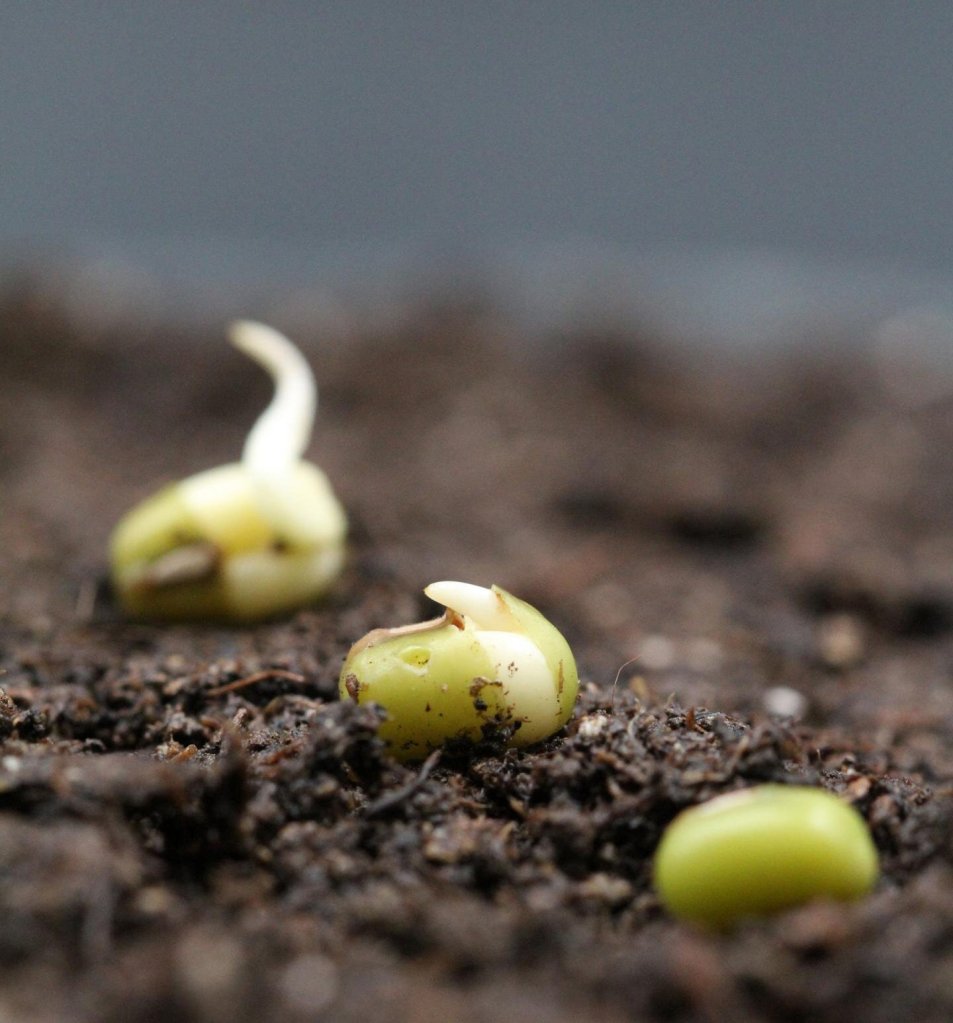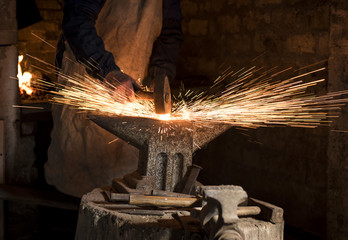I think that it is important to have personal and meaningful guideposts in our lives. Without knowing ourselves on a deeper level, how can we ever really set any meaningful goal or direction? And I don’t mean that we should all have the same goals or directions, but I don’t intend to simply live my years sleeping, going to work and watching TV. Sometimes I feel quite strongly about a specific task or goal such as losing weight or managing finances. Other times I go about the standard goals of advancing my career or saving money with no real conviction as to why they are important. This is the first of multiple posts regarding my own identification.
Burn your incense and ring your bells and pray to the Gods, but be careful, because they will put you on their anvil and beat and hammer until they turn bronze into gold – Sant Keshavadas, Eastern Indian Mystic
An interesting first thought experiment is trying to find the “I” even in the literal sense. My initial hypothesis is that the I is contained within the physical body. Interestingly enough, this leads to some interesting paradoxes. If I were to lose my arm in a car accident, I would say that I have lost my arm. This implies that a separate I exists apart from the arm, so the I cannot be located there. Similarly, if my heart is replaced in a transplant, my wife would still be comfortable with me coming home. So my heart does not define me either. This pretty much leaves our mind, which we all most readily identify with. However, if I develop dementia or a traumatic brain injury, is it still me? Or how can I “lose my mind”, as if there is some extra me watching me go away. If this mind were truly mine, I could say “stop being angry” or “stop being upset” and it would obey. After many experiments I can firmly report that it does not, and is not “mine”.
So if I am none of these, what am I? What has made the most sense to me at this point in my life is the Buddhist concept of “dependent arising”. There is a definite thing that is called “I”, but it only exists as a convention as a sum of other “things”. For example, if we see four upright sturdy pieces, and a rectangular sturdy top, we might call it a table. Separately we wouldn’t call a leg a table, or a flat slab of wood without legs a table. We must have a concept of a table and something either meets that definition or not (and can sometimes spark debate). Each of us contains uncountable numbers of microorganisms in our gut, coursing through our blood. We are a collection of rare earth metals and exploded stars. We are not a singularity; in fact we are a vast metropolis of life. Just as we are a single citizen of this earth, there are millions of bacteria being born, reproducing and dying each moment within us. In one sense this is humbling because we are just as insignificant on a universal scale. But we are also the only universe that these organisms will ever know in their lifecycle. I am the summation of the entire history of their universe, and also nothing at all.
“You are definitely real. Your problem is that you think you REALLY real” – Robert Thurman, Buddhist Scholar (yes, the father of Uma Thurman funnily enough)

I believe this is all fairly straightforward on a physical level. But if that description is all we are, how can I be any more important than a dandelion? After all, we both arise according to conditions and have the same basic existence. However, we have different capacities, and with this a different purpose. I will explore this purpose and how I interpret this in my next post.
“There is only one truly serious philosophical problem, and that is suicide… Should I kill myself or have a cup of coffee?” – Albert Camus, existentialist philosopher
